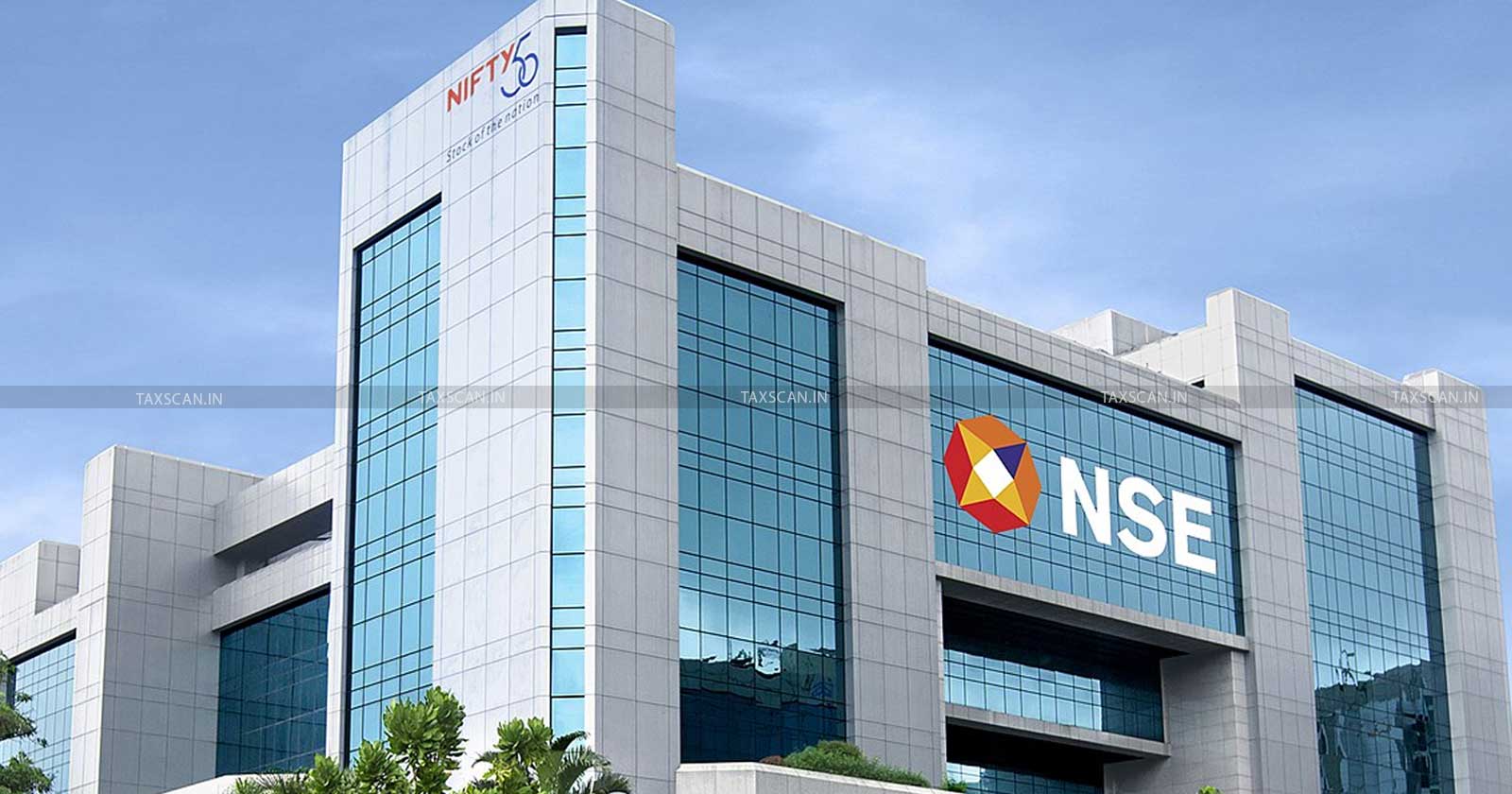NSE not ‘Statutory Authority’ to Block Issue of Duplicate Share Certificates: Bombay HC [Read Order]
The Bombay High Court reviewed the authoritative power exercisable by the NSE while refusing the transfer of shares by trading individuals.

Bombay High Court – NSE – Statutory Authority – Taxscan
Bombay High Court – NSE – Statutory Authority – Taxscan
The High Court of Judicature at Bombay while adjudicating a matter before it opined that the National Stock Exchange ( NSE ) should not have illegitimately used its dominating position to block the issuance of duplicate share certificates as sought for by the Petitioner, without being a statutory authority to conduct such activity.
The Writ Petition filed before the Bombay High Court by Aloysius D’Souza was two-fold,one, praying for the quashing of communication issued by the NSE towards transfer agent Bigshare Services Pvt. Ltd. (Bigshare), issuing directions to Bigshare not to transfer the shares held by the Petitioner in a company named “Dr. Reddy’s Laboratories Limited.” (Reddy’s); two, seeking a mandamus for the issuance of duplicate share certificates.
The brief facts are that the Petitioner acquired shares in Reddy’s in tranches from 1956 to 1997. In January 2007, Bigshare informed the Petitioner that he held 450 shares of Reddy’s whereas he had only surrendered 50 shares for subdivision of shares. Hence, the Petitioner was requested to surrender the remaining share certificates for the balance shares.
Achieve Success: Expert-Led Courses for Tax and Finance Pros
It was further noted that Reddy’s had issued dividend warrants in the name of Petitioner, wherein it was stated that the Petitioner was holding 1800 shares, but these dividends were not credited to the Petitioner’s account due to communication from NSE blocking the same; such communication has been impugned via the present Petition. The dividend funds have thus been rested with the Union of India and the Investor Education and Protection Fund, being the first and second Respondents respectively.
Subsequently, the Petitioner requested Bigshare for the issuance of duplicate share certificates for the shares held in Reddy’s by undertaking all necessary requirements for the issuance. But, the same was to no avail as the Petitioner was informed by Bigshare that the NSE had directed them to “stop transfer” of shares held by the Petitioner and hence request for issue of duplicate share certificates also became infructuous.
The petitioner’s shares were withheld due to the NSE's assumption that the disputed shares could potentially constitute assets of Fiscal Limited, a defaulting trading member. This assumption was based on the fact that the share transfer forms were found in the office of Fiscal Limited, following its default declaration in 1998. NSE issued a "stop transfer" directive to the Transfer Agent Bigshare, under the assumption that the withheld shares might help recover dues related to Fiscal's default
Counsel for the Petitioner, Nirman Sharma and Sheetal Shah instructed by M/s. Mehta & Girdharlal, submitted before the Bombay High Court that the NSE had overstepped its powers to issue the “stop transfer” communication, and also not furthered any action on the basis of such communication. The Petitioner further submitted that they presently hold 1800 shares of Reddy’s and their exercise of rights over the shares have been illegitimately blocked by the NSE.
Achieve Success: Expert-Led Courses for Tax and Finance Pros
Another point of contention raised by the Petitioner was that the impugned communication is not an order or decision which would entail Respondent No.3-NSE to contend on alternative remedy of approaching Securities Appellate Tribunal.
The Division Bench of the Bombay High Court comprising Justice M. S. Sonak and Justice Jitendra Jain, refuted the allegation by NSE that they are not amenable to Writ Jurisdiction of the High Court under Article 226 of the Constitution of India referring to the decision of the Supreme Court in K. C. Sharma Vs. Delhi Stock Exchange and Ors (2005) to observe that the Stock Exchange is amenable to writ jurisdiction under Article 226.
The Bench further noted that the Petitioner had made an application for issue of duplicate share certificate in April 2007 to Bigshare but had only been apprised of the “stop transfer” communication by NSE when Bigshare rejected the Petitioner’s application.
In closing, the Bombay High Court observed that the NSE had failed to prove any authority vested in them for issuing such communication to stop the transfer of the share forms, also failing to prove that the disputed shares belonged to Fiscal Limited.
Achieve Success: Expert-Led Courses for Tax and Finance Pros
In light of being convinced that the shares are owned by the Petitioner, the Bombay High Court quashed the “stop transfer” communication issued by the NSE and directed the issuance of the duplicate share certificates and transfer of dividends to the Petitioner.
To Read the full text of the Order CLICK HERE
Support our journalism by subscribing to Taxscan premium. Follow us on Telegram for quick updates


